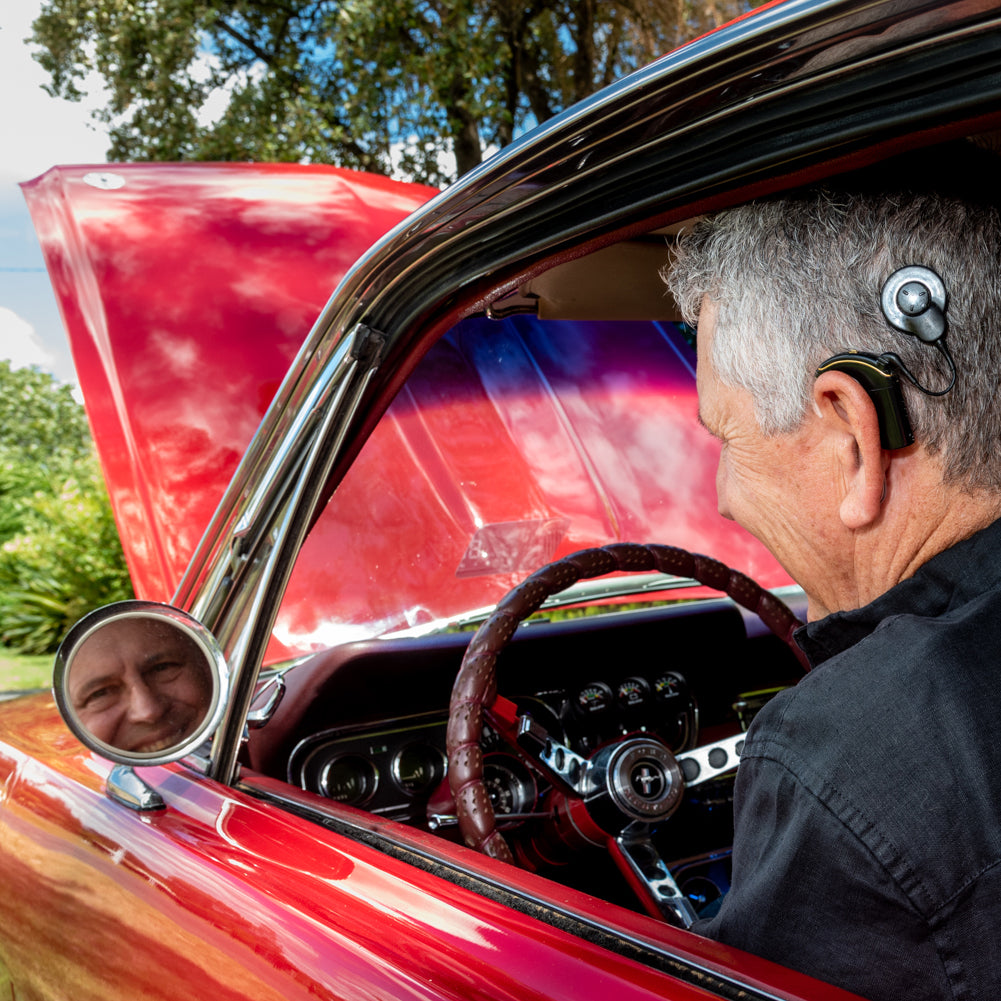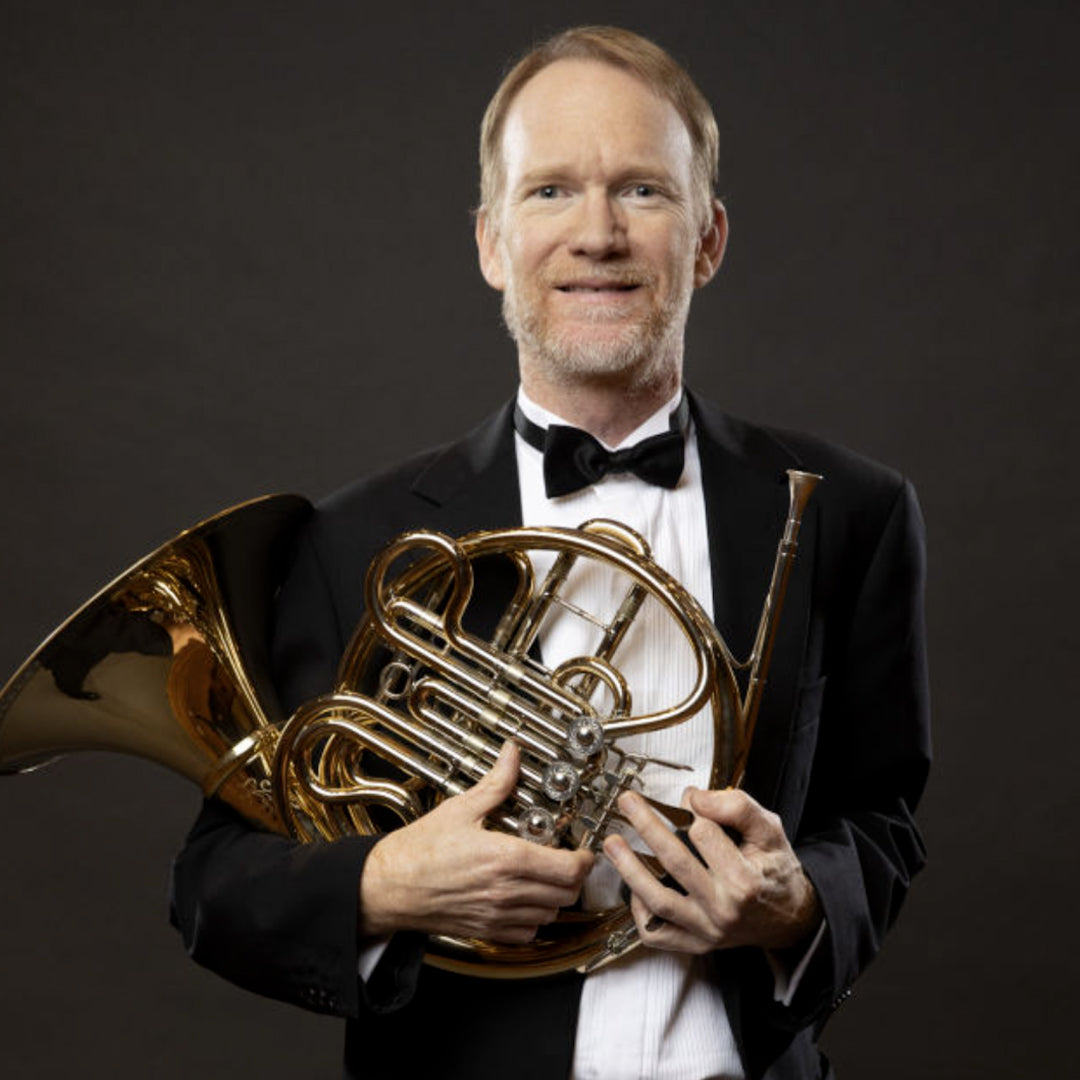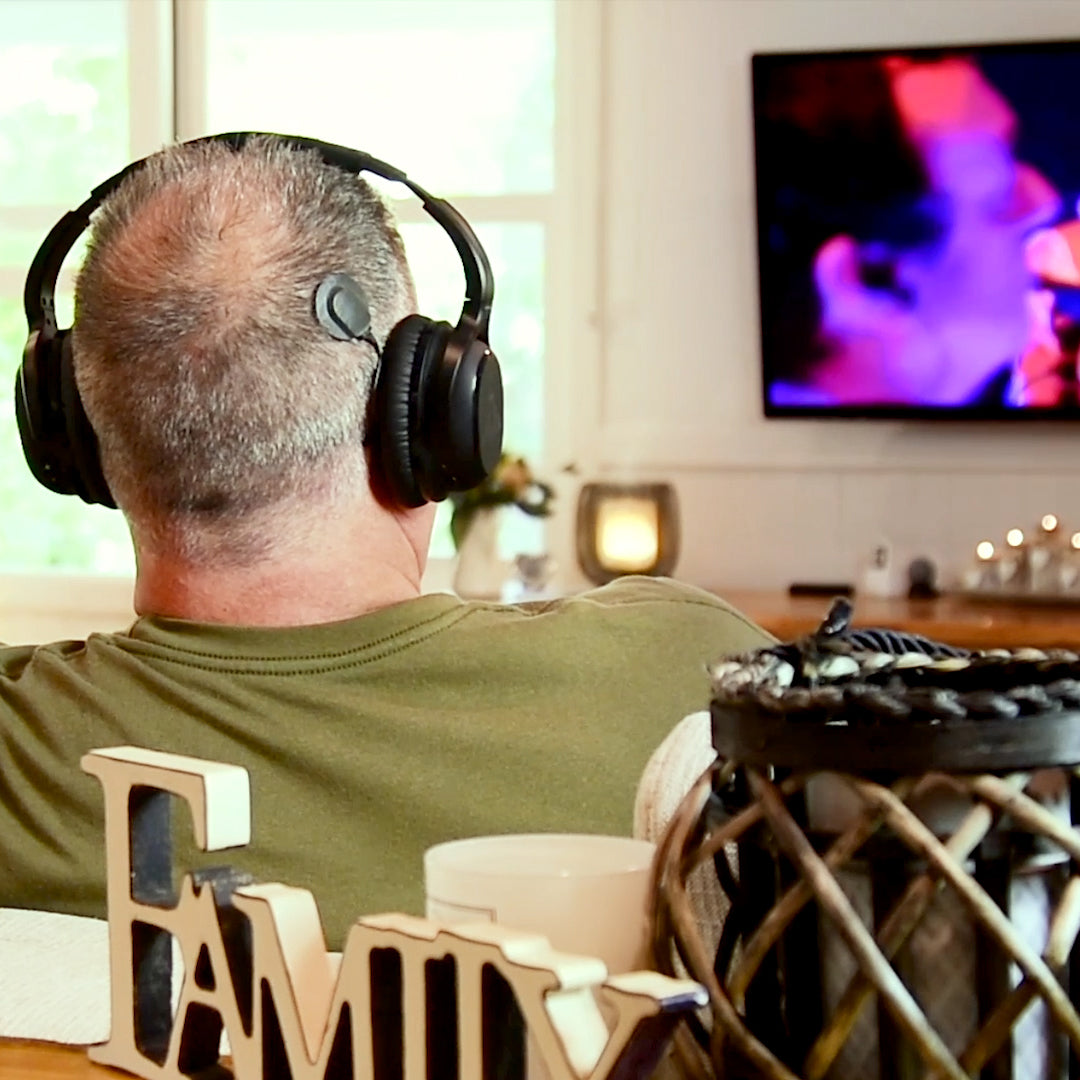Queensland classic car enthusiast Rodney, 65, recently returned from Iceland and Norway—where he’s been indulging his other passion – heavy metal music.
‘If it's really loud, like the ‘Mothers of Mercy’, for example, I'll simply open my iPhone and turn both the cochlear and my hearing aid down to a level where it's acceptable. It's that simple. If it's really loud, I just turn it down with my phone,’ Rodney says.

For a time though, it looked like listening to live music and hearing the purr of his 66 Mustang might be out of Rodney’s reach.
Problems with his hearing had begun to get worse. He had experienced hearing loss in his right ear for years, and trialled hearing aids in both ears to help him hear better, particularly for his job as a workplace trainer.
‘But I was dissatisfied and took them back after a month, as I found hearing aids picked up every sound around me,’ he says. ‘I just put up with my normal hearing at the time.’
Things changed dramatically when the semicircular canal in his left middle ear burst, leaving him profoundly deaf in that ear. Despite surgery, 18 months of rehab and physiotherapy, his hearing didn’t improve, so he started to rely on lip reading.
‘I never thought hearing loss was a big deal until it happened to me. I love my music and going to live concerts. All that was gone, even communicating with my wife became a problem.
‘I just couldn't hear anything, you know, I couldn't hear my ’66 Mustang, I could only hear a distorted sound of the engine.’
Eventually Rodney says he felt like a hermit, because he could no longer enjoy the things he used to do.
After advice from an ENT surgeon, Rodney realised he was a candidate for cochlear implants. That’s when he became a regular at NextSense—a not-for-profit organisation that works with children and adults who have hearing loss, and an Audeara Healthy Hearing partner.
While he received his implant quickly, Rodney admits that it took some hard work and dedication to learn how to use them. He says having a cochlear implant needs some good old-fashioned work on the part of the user, and the ‘magic’ comes with time.
‘As soon as they turned my implant on, I could hear sound and words. At first, it was very electronic, like a cross between Daleks and the Chipmunks. I could hear words, but not necessarily understand them.’
But by doing his homework, which for him included listening to audio books for three hours a day, his hearing improved dramatically within a few months. He stresses to others on this journey that it’s important to stick to your appointment schedule and do your ‘homework’ to get the best results.
This is where regular audiology visits come in. For Rodney, an audiologist from his local NextSense centre in Toowoomba guided him through the process of programming, or ‘mapping’, his implant to suit his individual needs.
‘Every time I went back to NextSense, they were able to adjust the tone and volume of my cochlear to suit me, so my hearing improved at every session. After around 12 months they had it tweaked almost perfectly.’
Now, Rodney can go to the movies with his wife again, go to live bands and hear his beloved classic cars. He can also hear the birds at the creek on his hobby farm, and the miaow of his hairless cat Sonny.

‘My cochlear implant allows me to enjoy life as it was before I became deaf, it’s just magic,’ he says.
It’s this sort of result and a shared commitment to hearing health and managing the impact of hearing loss that inspired Audeara to join NextSense as a corporate partner in 2022.
The $40,000 cash and in-kind partnership supports NextSense audiologists, speech pathologists and other expert allied health staff to continue delivering customised services to clients right across Australia and go even further in providing quality, evidence-based support.
Audeara CEO Dr James Fielding says: ‘This World Hearing Day we want to remind people about the importance of ear and hearing care, because supporting hearing health and listening equity is our passion. We are delighted to partner with NextSense, who provide vital support for children and adults with hearing loss across Australia. We’re thrilled for Rodney and the many others who are experiencing new possibilities as a result of getting the right services and support for their hearing loss.
Audeara headphones are compatible with hearing aids and cochlear implants, and an Australian Government approved Assistive Listening Device. Check here to see if you can use your funding to purchase a set through the NDIS, Hearing Services Program or Department of Veteran’s Affairs.



